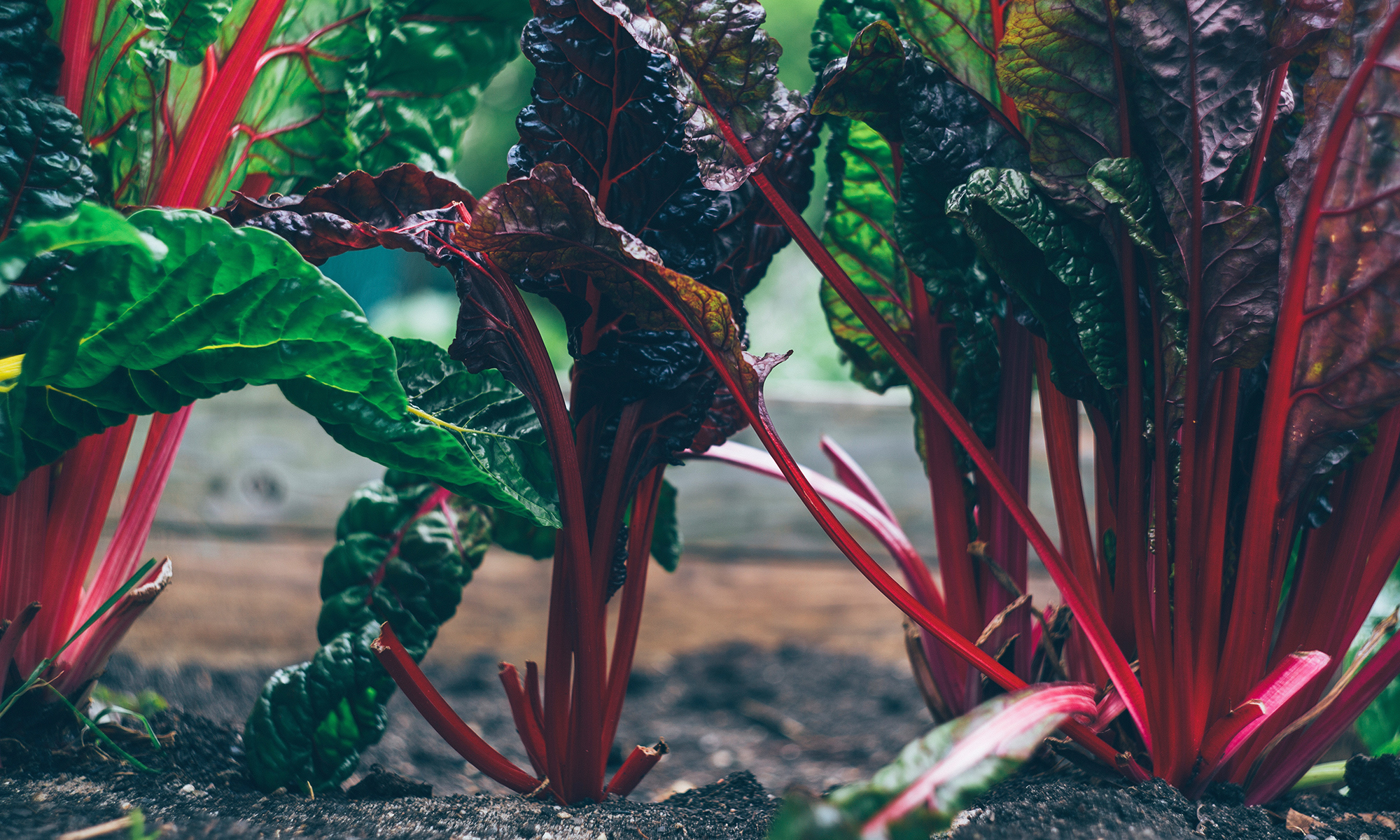Cost aside, most people would choose organic over conventional. The pesticides and chemical fertilizers may produce flawless looking produce, but I’ll take my bug-holed arugula over conventional because I know the flavor will be better and more importantly, I won’t be ingesting chemicals whose long-term effects I still don’t know.
The debate hit home this week, when I inspected my three cauliflower plants and noticed that one was decimated, and those little bug holes in the other two didn’t seem so quaint anymore.
The question of “organic or conventional” is rather simplistic. So many factors go into the equation including the rising cost of organics (and food in general), the tedium of achieving “organic status” and where the food was grown. Given the choice of a local, conventional tomato versus an organic tomato shipped in from California, I’ll take local! The added benefit is that I can talk with the farmer about his growing practices. He may not, for example, have the organic certification, but he works the land sustainably. My (organic farmer) friend Brett recounted to me the hoops he had to jump through to maintain his organic status after the laws recently changed. He admitted that he would rather forgo the certification than deal with the bureaucrats. As he states it, his practices won’t change and his customers are loyal and don’t need a seal to prove it.
On a personal note, I had to decide how to deal with my aphid problem. I rationalized that I’d rather have non-organic cauliflower than no cauliflower at all! When I went to Weston Nurseries I found several organic pesticides. The oily spray coats bugs’ wings and prevents them from flying. It also works on bees. I thought this would be a good thing since I’m allergic to bees. No, I was scolded. We need bees to pollinate flowers and plants and maintain an important balance in our gardens. Besides, bees don’t sting… it’s the wasps that do. Therefore, I can only spray after 5pm when the bees have gone to their hives for the night.


